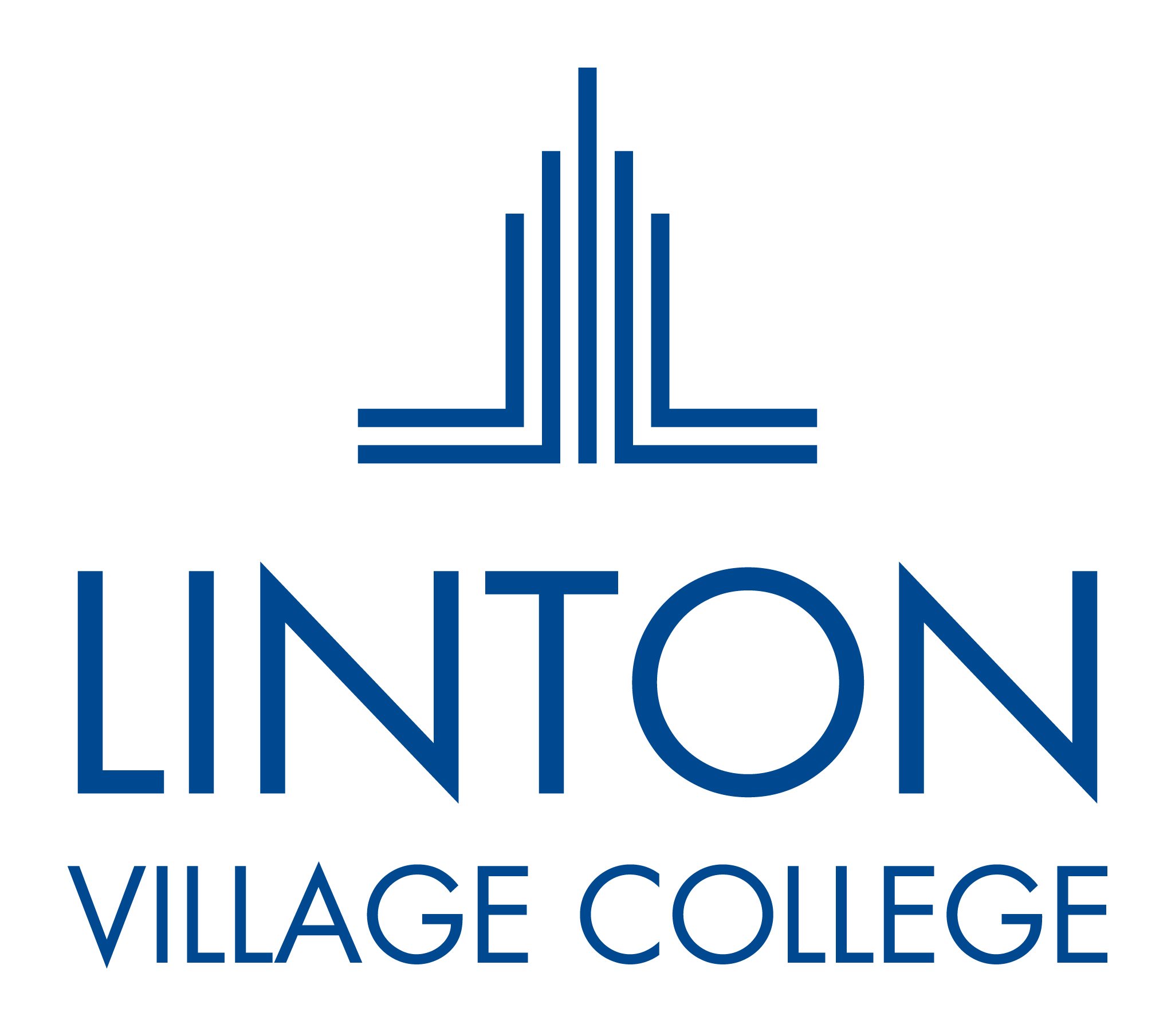English
Ethos and Aims
A study of English empowers pupils to navigate the world around them. It helps them to create meaning in the real and imagined world; to communicate fluently and effectively in speech and in writing; and to recognise the impact and significance of their words and the words of others. By studying the crafting of language they learn to ask questions and to think deeply about what is being said. We are putting onus on the importance of finding voice, a sense of self of the contextual effects of place and time on ones interpretation of a text. We also are developing digital literacy and the need to decode and analyse digital texts.
In their study of English at Linton Village College, pupils are encouraged to develop culturally, emotionally, intellectually and socially through their reading of key literature texts and surrounding discussions. Pupils learn to develop and value empathy and awareness of others through their explorations of diversity and inclusivity in a rich and varied literary heritage. They learn to recognise how a text can relate to themselves and their own experiences of the world.
By the time that they leave the College, pupils will have studied a rich heritage of written literature. They will appreciate the contextual influences surrounding texts and have the confidence to offer a personal interpretation of them. They will be able to apply strong evaluative and analytical skills to language and structural choices made by a writer and be able to articulate meanings within a text. Furthermore, it is our ambition for them to be able to write clearly, accurately and coherently, adapting their language and style for a range of contexts and audiences. We want them to be able to read fluently and confidently for comprehension and meaning and to be able to deploy vocabulary that allows them to express their viewpoints with precision.
Curriculum
All pupils study both English Language and English Literature for their five years at the College. The curriculum is designed such that pupils revisit the same key themes and skills throughout the course. Namely, pupils are taught how to:
- read and respond to a text;
- explore and analyse language and structure choices;
- find connections between texts and their contextual influences;
- evaluate writers’ methods, offering personal interpretations;
- craft a range of written responses as appropriate for a wide variety of audiences and purposes.
Pupils are also taught the value of self-evaluation of their own written responses.
